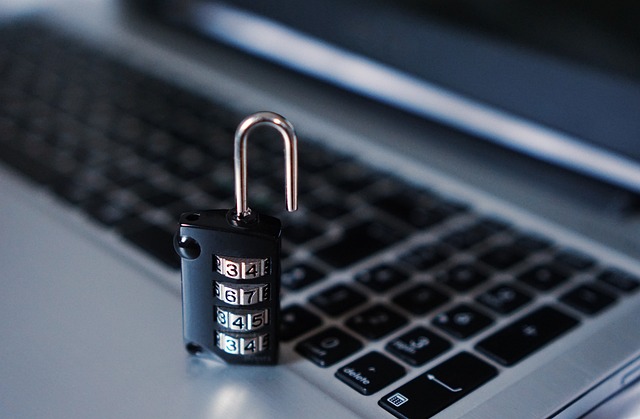
Problem: Cyber-Attack
Scope: Personal, Local, Regional, National, International
Impact: Minor, Major (Depending on severity)
Dangers (not limited to): Utilities Disruption, Communications Failure, Catastrophic Transportation Accidents
Preps (not limited to): Backup Data, External Storage of Data, Anti-virus Software, Being aware of common tactics, MFA use for identity verification
Cyber-attacks are malicious attempts by hackers to access, steal, or damage sensitive information and computer systems. These attacks can take many forms, including malware infections, phishing scams, ransomware, and denial of service (DoS) attacks. They are becoming increasingly common and the consequences of a cyber-attack can be devastating, including the theft of personal or financial information to the complete shutdown of a business or organization’s operations. Cyber-attacks can lead to financial loss, identity theft, and damage to a person’s reputation. They can also be used to compromise critical infrastructure such as power grids and transportation systems, leading to widespread disruption and potentially even loss of life.
Prepare for a Cyber-Attack
To prepare for a cyber-attack, it’s important to take several steps.
- You should ensure that all of your software and security systems are up to date and properly configured. This includes your antivirus software, firewalls, and any other security measures you have in place.
- Use strong and unique passwords for all of your online accounts. This will help prevent hackers from accessing your accounts even if they manage to obtain one password. You can also use password managers to generate and store complex passwords for you.
- Be cautious when opening emails or downloading attachments from unknown or suspicious sources. Phishing emails are a common way for hackers to gain access to your computer or steal your personal information.
- Consider using two-factor authentication (2FA) on your online accounts. This adds an extra layer of security by requiring a second verification step beyond just entering your password.
- Regularly back up your important data and files. This will help you recover quickly if your computer or system is compromised in a cyber-attack.

Responding to a Cyber Attack
If you do experience a cyber-attack, there are several steps you can take to minimize the damage.
- Disconnect your computer or device from the internet immediately to prevent further damage or information theft. Then, contact your bank or credit card company to report any suspicious transactions and freeze your accounts if necessary.
- Contact your internet service provider (ISP) or IT department if the attack occurred on a work computer. They can help determine the extent of the damage and assist with remediation efforts.
- Consider reporting the cyber-attack to law enforcement or government agencies. This can help track down the hackers and prevent future attacks.
- Emergency Power: A gas generator or a solar generator with a solar panel could supplement your electrical needs during a power outage. See my review on the Jackery 300.
In conclusion, cyber-attacks are a serious threat to individuals and organizations alike. By taking proactive steps to protect your computer and personal information, you can reduce your risk of falling victim to a cyber-attack. In the event of an attack, quick action is critical to minimize the damage and prevent further harm.
It is our mission to educate, equip, and empower everyday ordinary civilians to understand, prepare for, and survive any emergency they face. We cannot rely on the government to take care of us. We must take it upon ourselves to provide for and protect ourselves and our families.
Note: I am an affiliate with Amazon and may receive a commission from products purchased from Amazon. This helps me continue to put out emergency preparedness information for you.










